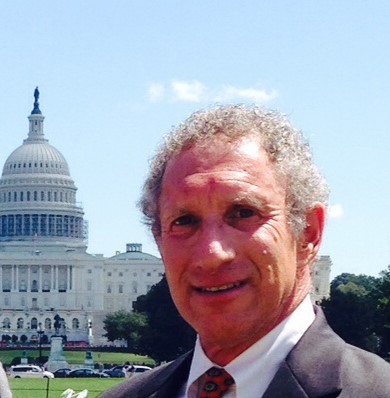CORAVault
See the following -
CORAnet Solutions Champions Patients’ Medical Record Access with Its Personal Health Information Exchange
 It has been six years since the HITECH Act passed, yet most Americans seeking medical care are still unable to obtain their full medical records for a variety of reasons whether the hospital will not release them or proprietary EHR system vendors will not allow hospitals, let alone patients, direct access. One Healthcare 2.0 leader, CORAnet Solutions, has developed a tool that finally allows patients access to their complete medical records. This new breakthrough technology enables patients to take control of their personal medical data with CORAnet’s Personal Health Information Exchange (PHIE).
It has been six years since the HITECH Act passed, yet most Americans seeking medical care are still unable to obtain their full medical records for a variety of reasons whether the hospital will not release them or proprietary EHR system vendors will not allow hospitals, let alone patients, direct access. One Healthcare 2.0 leader, CORAnet Solutions, has developed a tool that finally allows patients access to their complete medical records. This new breakthrough technology enables patients to take control of their personal medical data with CORAnet’s Personal Health Information Exchange (PHIE).
- Login to post comments
CORAnet Solutions, Inc. Launches Certified PHR Applications for Allscripts
 CORAnet Solutions, Inc. announced it has received certification on several innovative applications via the Allscripts Developer Program (ADP) for users of Allscripts Professional EHR™, Allscripts TouchWorks® EHR and Allscripts Sunrise Acute Care™. The applications, CORAVault (ambulatory) and CORALink (emergency), are going to be featured in a webinar on April 30th. The webinar, which will start at 12:00 PM ET, can be joined here. CORAnet Solutions’ mobile application, CORAVault™, provides access to disparate electronic health records, CCD, CCR, and HL7 files securely from different locations such as hospitals, clinics, pharmacies and physician practices. The CORAnet server consolidates and organizes medical data as a single personal health record (PHR) secured with 256-bit encryption to the patient’s smart phone, laptop and/or tablet where medical data are stored and accessible anytime, anywhere – both online and offline.
CORAnet Solutions, Inc. announced it has received certification on several innovative applications via the Allscripts Developer Program (ADP) for users of Allscripts Professional EHR™, Allscripts TouchWorks® EHR and Allscripts Sunrise Acute Care™. The applications, CORAVault (ambulatory) and CORALink (emergency), are going to be featured in a webinar on April 30th. The webinar, which will start at 12:00 PM ET, can be joined here. CORAnet Solutions’ mobile application, CORAVault™, provides access to disparate electronic health records, CCD, CCR, and HL7 files securely from different locations such as hospitals, clinics, pharmacies and physician practices. The CORAnet server consolidates and organizes medical data as a single personal health record (PHR) secured with 256-bit encryption to the patient’s smart phone, laptop and/or tablet where medical data are stored and accessible anytime, anywhere – both online and offline.
- Login to post comments
Will PHIEs Lead the Consumer Medical Record Revolution and Bridge the Gap Between Personal Health Records and EHRs?
 It has only been about two generations since traveling medicine shows were common forums for medical information. Phony research and medical claims were used to back up the sale of all kinds of dubious medicines. Potential patients had no real method to determine what was true or false, let alone know what their real medical issues were. Healthcare has come a long way since those times, but similar to the lack of knowing the compositions of past medical concoctions and what ailed them, today’s digital age patients still don’t know what is in their medical records. They need transparency, not secret hospital –vendor contracts and data blocking, like the practices being questioned by the New York Times. One patient, Regina Holliday resorts to using art to bring awareness to the lack of patient’s access to their own medical records.
It has only been about two generations since traveling medicine shows were common forums for medical information. Phony research and medical claims were used to back up the sale of all kinds of dubious medicines. Potential patients had no real method to determine what was true or false, let alone know what their real medical issues were. Healthcare has come a long way since those times, but similar to the lack of knowing the compositions of past medical concoctions and what ailed them, today’s digital age patients still don’t know what is in their medical records. They need transparency, not secret hospital –vendor contracts and data blocking, like the practices being questioned by the New York Times. One patient, Regina Holliday resorts to using art to bring awareness to the lack of patient’s access to their own medical records.
- Login to post comments